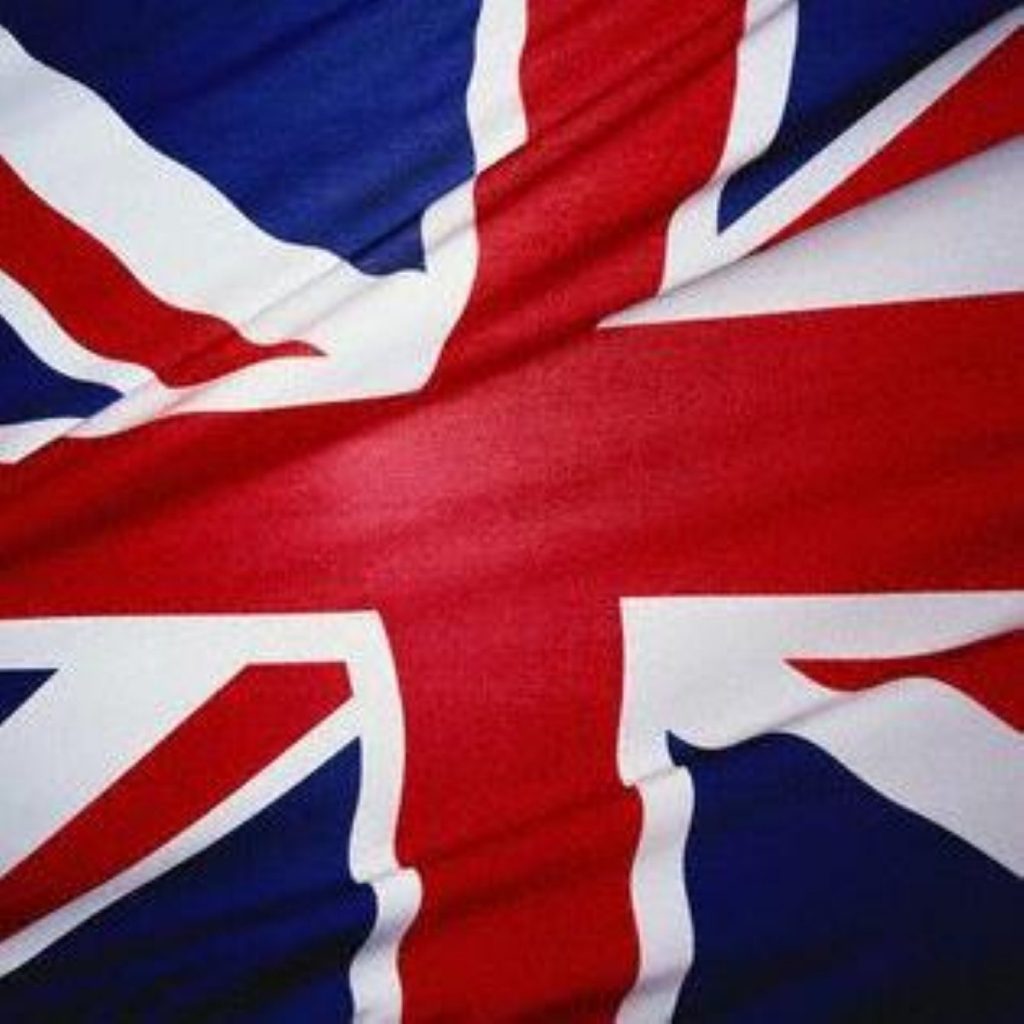Britain drifts to the right
By Ian Dunt
Britain is drifting steadily to the right, according to a government-backed survey.
More people see themselves as Tory rather than Labour for the first time since the 1980s, the British Social Attitudes survey found.
Thirty-two per cent see themselves as Conservatives, against 27% for Labour and nine per cent as Liberal Democrats.


On a less party-political angle, the results still presented strikingly right-wing views. Only 38% of people thought the government should redistribute income from the rich to the poor, down from 51% in 1994.
Only 39% backed an increase in taxation to spend more on health and education, compared to 62% in 1997.
Report co-author John Curtice said: “Labour’s increased spending on health and education was an astute if delayed recognition of the public mood in the late 1990s.
“But now that spending has been increased, the public’s thirst has been satisfied. Unless the financial crisis has persuaded the public to change its mind once again, this new mood could well prove a blessing for whichever party wins the general election.”
This year’s respondents were the least likely to vote at all. Just 56% thought it was everyone’s duty to vote, compared to 68% in 1991.
The younger people were the less interested they became. Just 41% of under-35s thought it was a duty to vote, for instance. Thirty-two per cent of the 4,486 adults questioned said they had “not much” or “no interest” in politics.
“Low turnout has been a feature of recent elections with just 61% of people turning out to vote in 2005,” said co-author Sarah Butt.
“The decline in civic duty means it is possible that, regardless of whether the next election provides voters with a clear choice between parties or a more closely fought contest, we could again see large sections of the population remaining at home on election day.”
Views towards cannabis have also hardened, probably due to the debate over skunk. In 2001, just 46% of people thought it should be illegal, but that figure has now risen to 58%.
There were some liberal developments however. Attitudes to homosexuality had softened markedly, with just 36% of people saying homosexual acts were “always” or “mostly” wrong – down from 62% in 1983, when the first survey was conducted.
There also appeared to be a more relaxed approach to alternative families, with 45 per cent saying it made “no difference” whether a child’s parents were married or merely living together, up from 38% in 1998.
The last figure will cause some concern in Tory headquarters, and help to explain mixed poll results when voters are confronted with the party’s married tax allowance proposal.









